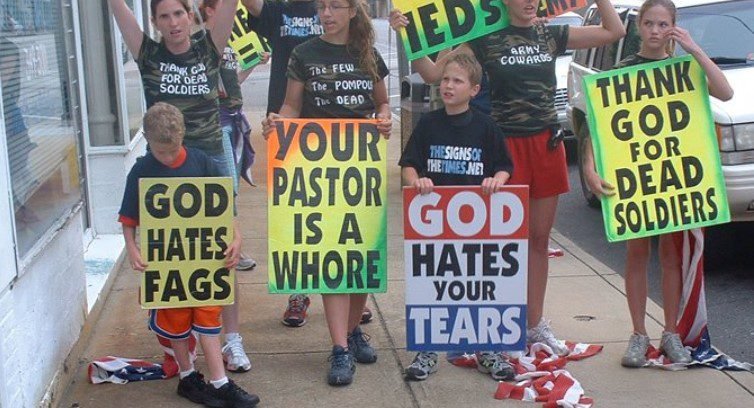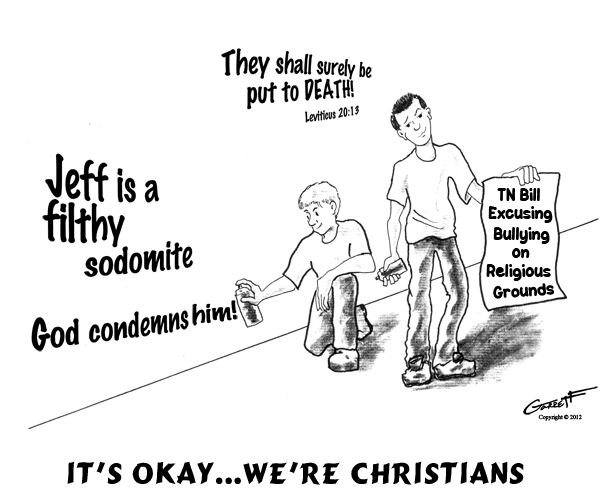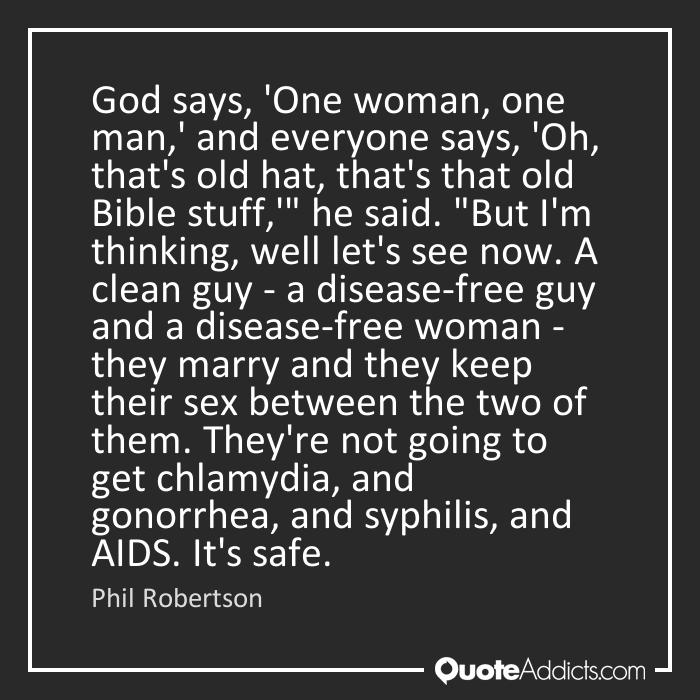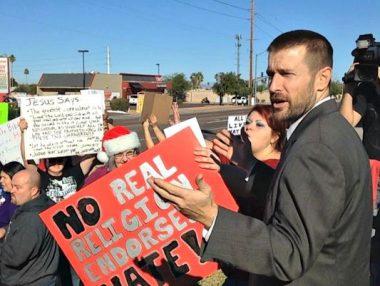
Thirty-seven years ago, my family and I went to the Ohio State Fair. This was the first and only time we attended the fair. At the time, we had three children, ages 7,5, and 2. I had been pastoring Somerset Baptist Church — an Independent Fundamentalist Baptist (IFB) congregation — in Mt. Perry for three years.
It was 1986 — the year Somerset Baptist rapidly grew, reaching 206 in attendance one Sunday. We ran four buses across a three-county area, bringing scores of mostly poor children, teens, and adults to church. I was finally seeing the fruit of my labor. The church was a beehive of activity, which was perfect for a driven workaholic such as I was. As the church grew, so did my prominence in the community. I was twenty-nine, full of myself, sure that God and I were on the same track. After all, church attendance was growing, offerings were increasing, and souls were being saved every Sunday. What could go wrong, right?
While the Gerencser family was at the fair, I noticed several tables on the fair concourse staffed by state employees offering free condoms and safe-sex materials. This was the height of the AIDS crisis, and Governor Dick Celeste, a Democrat, was doing what he could to combat the needless deaths of primarily gay men. As I read the materials, I found myself experiencing a range of emotions; you know, the steps of Baptist outrage: disgust, anger, increased blood pressure, mumbling like a made man, and full-blown rage. I gathered up some of the material, telling myself, “we will see about this.” I have no doubt that my “righteous” anger ruined our day at the fair. I’m sure Polly agreed with my outrage, but thought to herself, Can’t the kids see the cows while we are here?
Come the next Sunday, I was loaded for bear. I was a homophobe, as were many of the core members of the church. We believed that homosexuality was a sin, and not just any sin. It was THE sin above every sin. In my mind, homosexuals were disgusting; people unworthy of anything but scorn, ridicule, judgment, and Hell.
I told the church about what I had found at the fair, stirring their outrage too. I decided that the church should run a full-page ad in the local newspaper decrying Governor Celeste’s AIDS campaign. It took all of one week to raise the money ($900) necessary to place the ad in the Perry County Tribune. I wrote the copy, listing what the Bible said about homosexuality and my objections to Celeste’s wicked homo-loving campaign to keep gay men from dying. Safe sex? No such thing, I thought at the time. My view of human sexuality was bound by my IFB indoctrination and conditioning. I was what my parents, pastors, and professors made me. Homophobes breed homophobes. It would take another decade before I realized that I was wrong, and another fifteen years after that before I was openly willing to stand with LGBTQ people in defense of their persons and rights.
The full-page hit was a big hit with Evangelicals everywhere. I was viewed as a defender of Biblical “truth” and God-ordained sexuality. The ad was picked up by several network TV stations in Columbus. Someone in the Celeste administration sent me an official letter, reminding me that “safe sex” saved lives. It would be many years before I was ready to accept such things. On that day, I took the letter as more evidence that I was right.
Homophobia seems to be an incurable disease, but it is not. I am an example of a person who can change. It took me a lot of years, understanding, and apologies to get where I am today, but change is possible. Next month, I will walk with others in the Defiance (Ohio) Pride Parade, as will Polly and our gay son. Have I “arrived”? Nope. Biases and prejudices run deep, and while I now consider myself an enlightened liberal, there are still moments when past ugliness will percolate to the surface. Rarely, but often enough that I know that I remain a work in progress — as do we all.
Bruce Gerencser, 68, lives in rural Northwest Ohio with his wife of 47 years. He and his wife have six grown children and sixteen grandchildren. Bruce pastored Evangelical churches for twenty-five years in Ohio, Texas, and Michigan. Bruce left the ministry in 2005, and in 2008 he left Christianity. Bruce is now a humanist and an atheist.
Your comments are welcome and appreciated. All first-time comments are moderated. Please read the commenting rules before commenting.
You can email Bruce via the Contact Form.






